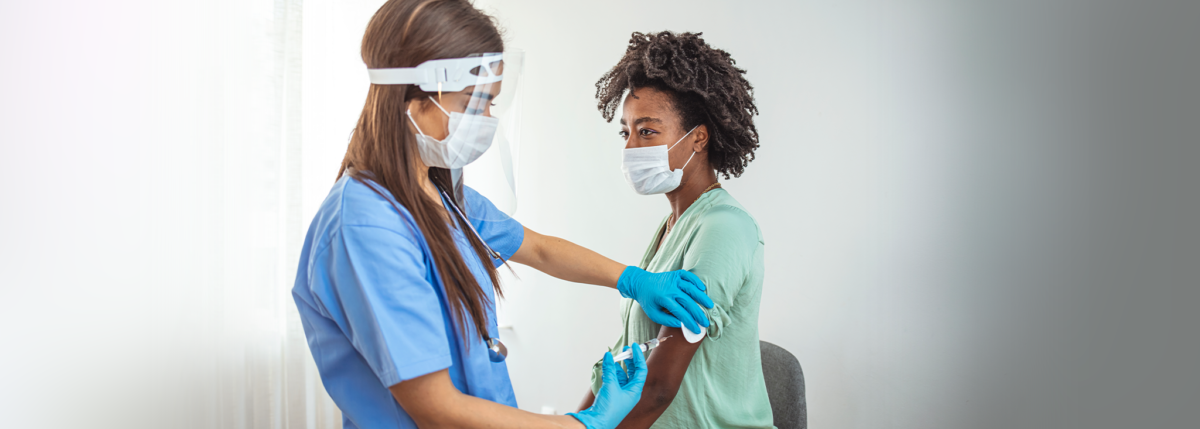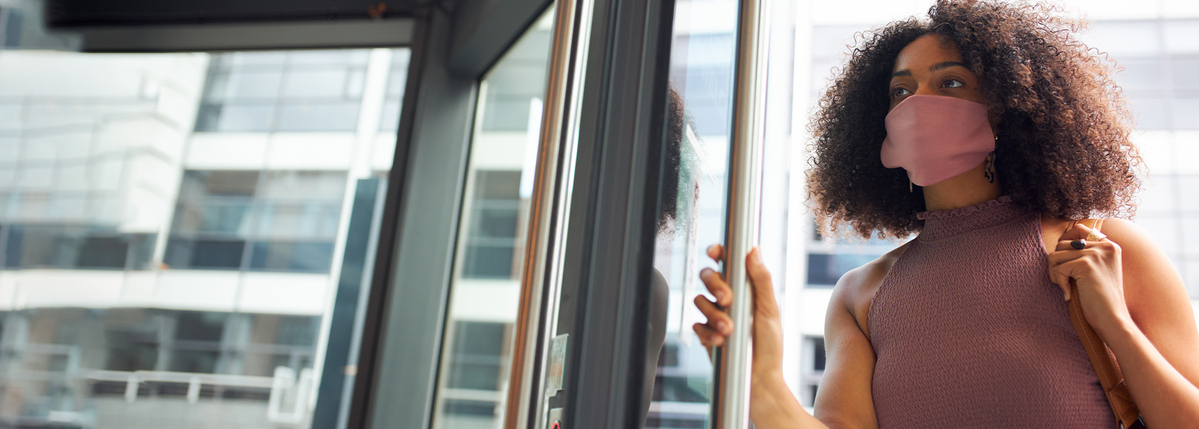What To Expect in a Telehealth Appointment for Mental Health
Written by: Mark Heyman, PhD, CDE
3 minute read
April 21, 2020
Due to the confusion and isolation the world is undergoing as a result of COVID-19, countless people are now in need of virtual appointments with mental health providers. And as mental health providers transition to working with clients virtually, many people remain unsure about how conducive remote therapy sessions will be for them. Dr. Mark Heyman addressed some of the concerns regarding telehealth and the potential for impact on mental health.
A lot of people are seeking mental health treatment for the first time—what tips do you have for someone seeking mental health support for the first time now that we’re primarily doing so online?
Seeking online mental health treatment for the first time may seem a little scary. After all, you are meeting a therapist—who is a complete stranger—over video. Here are a couple of tips to make your first video appointment more comfortable:
- Fill out and return any paperwork to your therapist before your appointment.
- Make sure you have a private, quiet place where you will not be interrupted or distracted.
- Turn off notifications on your computer, or if you are using your phone, put it on ‘Do Not Disturb’
- Be prepared for the video technology to not work perfectly—even the best systems don’t always work as planned.
- Write down the reasons why you are seeking therapy at this time; common reasons are that you are having symptoms (e.g., anxiety, depressed mood), something has happened that you want to talk about (e.g., you lost your job or ended a relationship), or you are having a hard time doing things in life that are important to you (e.g., managing diabetes, working, going to school).
- Write down any questions that you have for your therapist. For example, you may want to ask them what treatment will involve, how long it might last, what kind of experience do they have working with people with issues similar to yours, and what do they know about diabetes. Ask whatever is on your mind—no question should be off the table.
- Expect the first part of the session to be a little bit awkward, but know that after a few minutes, it will become more comfortable.
How do you (or any mental health provider) approach telehealth visits with new clients? What does the first conversation look like?
What about clients who are moving to telehealth from in-person? How does that change the dynamic?
Though I’ve been doing telehealth for five years, over the past month, I have moved my entire practice online. Honestly, it has not changed the dynamic much at all. I think for most people, seeing me over video instead of in-person does take a little bit of getting used to, but once that happens, treatment continues without missing a beat. The only difference is that I get to see people in their homes and get a window into their natural environment.
One group where the dynamic is a bit different in-person vs. online is teenagers. I find that it is harder for teens to stay engaged online than it is when they are sitting in my office.
In your view, what are some pros and cons of remote therapy?
Pros:
- No need to commute to a therapist’s office
- More flexible scheduling
- The ability to find a therapist that has experience with what you are struggling with (e.g., diabetes) if there are none in your area
Cons:
- For some people, the act of leaving their house and going to a therapist’s office is an important part of treatment (e.g., someone who is depressed)
- It is easier to avoid engaging in therapy online
- It is more difficult to see non-verbal cues
- Insurance does not always cover telehealth (though since COVID-19, that is changing fast)
- State laws require that the therapist be licensed in the state where the client is physically located
What services or online services do you recommend, if any?
Check out another piece by Dr. Heyman: Mental Health + Coping with Coronavirus.

Author
Mark Heyman, PhD, CDE
Dr. Mark Heyman is a diabetes psychologist and a certified diabetes educator. He is vice president of Clinical Operations and Innovation at One Drop. He is also the founder and director of the Center for Diabetes and Mental Health (CDMH). He is passionate about providing diabetes education and evidence-based mental health treatment to people with diabetes. Mark received his PhD in Clinical Psychology from The George Washington University and completed his psychology internship at the UCSD School of Medicine. He holds an appointment as an assistant clinical professor in the Department of Psychiatry at UCSD. He has been living with type 1 diabetes since 1999. You can follow Mark on Twitter @DiabeticPsych and reach him by email at [email protected].
Related Resources

Editor’s Note: We have a simple goal: tap into the power of the global diabetes...
Read more

Editor’s Note: We have a simple goal: tap into the power of the global diabetes...
Read more

Editor's Note: A version of this article first appeared at BenaroyaResearch.org from Benaroya Research Institute at...
Read more

